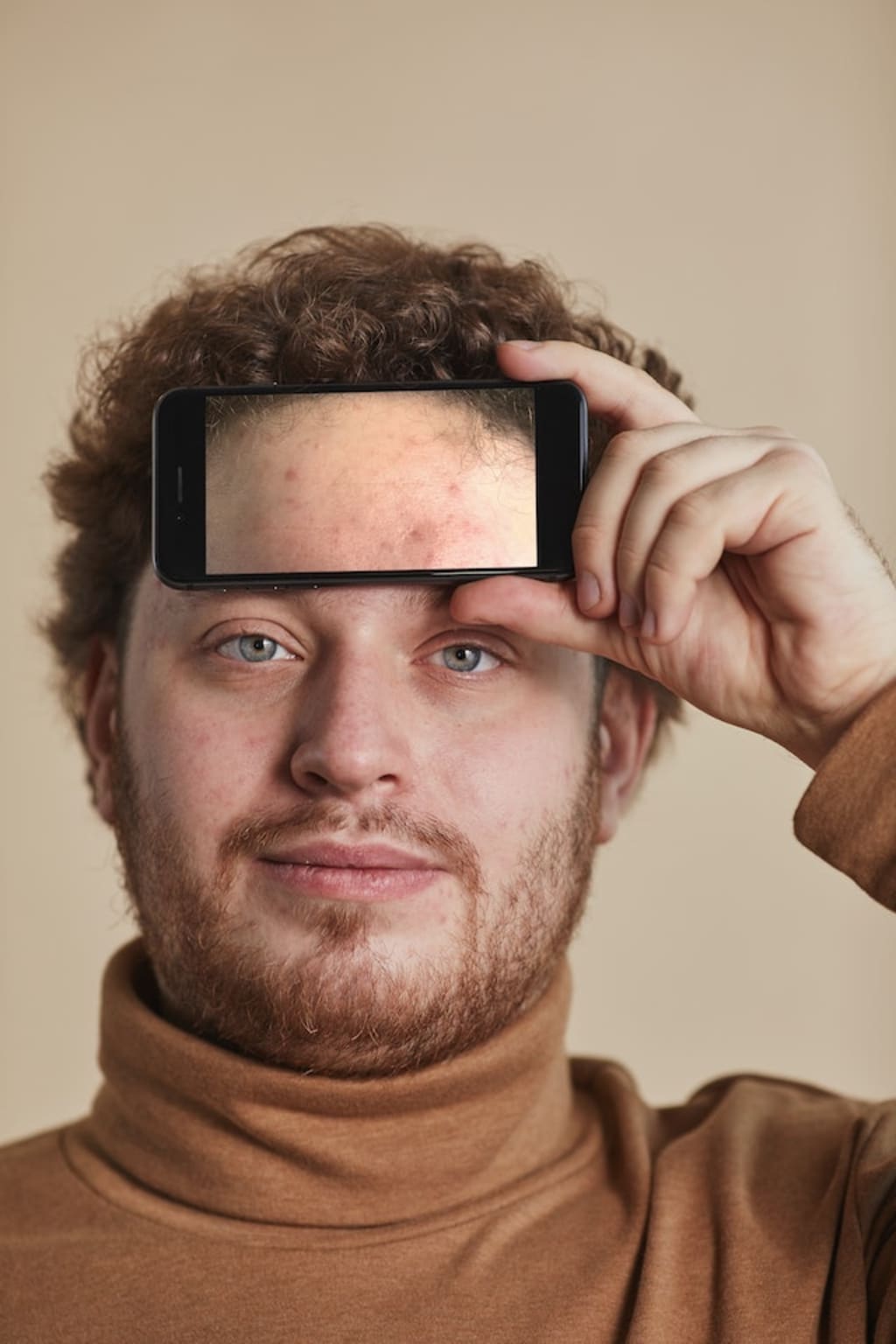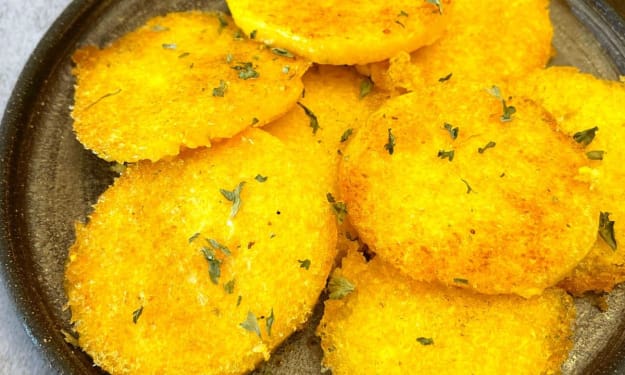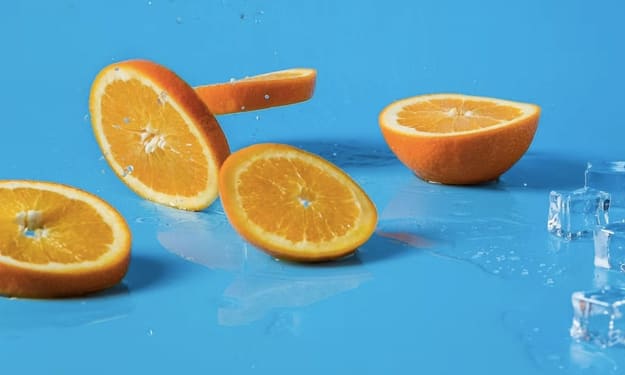Clearing the Way: Natural and Medical Methods for Banishing Facial Acne fast
Effective Strategies for Fast Acne Relief

Acne or pimples are a common skin condition that affects millions of people around the world. It occurs when hair follicles become clogged with oil and dead skin cells, leading to the appearance of small bumps or pimples on the skin. Acne can be frustrating and can affect one's self-esteem, but there are many treatments available to help manage and reduce its appearance. In this article, we will discuss the reasons for the appearance of acne on the skin, as well as natural and medical methods for treating and preventing acne.
- Facial acne problem
- Medical methods for treating facial pimples
- What are some natural remedies to quickly eliminate facial acne?
- Steps and tips to get rid of grain
- The reasons for the appearance of grains on the skin
Facial acne problem
The formation of pimples, blackheads, and whiteheads on the face is due to the clogging of hair follicles with oil and dead skin cells, which is a common skin condition known as acne.
and other parts of the body. If you are experiencing facial acne, there are several things you can do to help manage the condition:
Keep your skin clean: Wash your face twice a day with a gentle cleanser to remove excess oil and impurities that can clog your pores.
Use non-comedogenic products: Choose skincare products, makeup, and sunscreen labeled "non-comedogenic" to avoid clogging your pores.
Avoid touching your face: Touching your face can transfer bacteria and oil from your hands to your face, which can worsen acne.
Maintain a healthy diet: Eat a balanced diet that includes plenty of fruits, vegetables, and whole grains to help keep your skin healthy.
Manage stress: Stress can trigger acne, so try to manage stress through techniques such as exercise, meditation, and deep breathing.
Consider over-the-counter acne treatments: Over-the-counter acne treatments that contain ingredients such as benzoyl peroxide or salicylic acid can help clear up mild to moderate acne.
If your acne is severe or persistent, you may want to consult with a dermatologist for prescription-strength treatments, such as topical or oral medications.
Medical methods for treating facial pimples
There are several medical methods that can be used to treat facial pimples. Here are some of the most common:
Topical medications: Over-the-counter and prescription-strength creams, gels, and lotions containing benzoyl peroxide, salicylic acid, retinoids, or antibiotics can be applied directly to the skin to help treat acne.
Oral medications: Antibiotics, birth control pills, and isotretinoin are medications that are taken orally to help treat acne. These medications are typically prescribed by a dermatologist.
Chemical peels: A chemical solution is applied to the skin to remove the top layer of dead skin cells, which can help reduce the appearance of acne.
Light therapy: Blue light therapy and red light therapy can be used to kill bacteria that cause acne and reduce inflammation.
Extraction: A dermatologist can use a special tool to extract pimples and blackheads, which can help prevent further breakouts.
It's important to note that not all treatments work for everyone, and some treatments may take several weeks or months to see results. It's best to consult with a dermatologist to determine the best treatment plan for your individual needs.
What are some natural remedies to quickly eliminate facial acne?
Here are some natural recipes that may help reduce the appearance of facial acne or pimples:
To diminish pimple size and prevent future breakouts, apply a mixture of tea tree oil and a carrier oil like coconut or jojoba oil to the affected area using a cotton swab. Tea tree oil contains antibacterial and anti-inflammatory properties.
Honey and cinnamon mask: Mix equal parts honey and cinnamon powder to form a paste. After applying the paste on the affected area, let it sit for 10-15 minutes before rinsing it off. Honey has antibacterial properties, while cinnamon has anti-inflammatory properties, making this mask an effective combination for reducing the appearance of acne.
Aloe vera gel: Apply aloe vera gel directly to the affected area to help soothe inflamed skin and reduce the size of pimples. Aloe vera also has antibacterial properties that can help prevent future breakouts.
Lemon juice: Apply fresh lemon juice to the affected area with a cotton swab and leave it on for 10-15 minutes before rinsing it off. Lemon juice has astringent and exfoliating properties that can help reduce the appearance of acne.
Green tea: Brew a cup of green tea and let it cool. Dip a cotton ball in the tea and apply it to the affected area for a few minutes before rinsing it off. Green tea has anti-inflammatory and antioxidant properties that can help reduce the size of pimples and prevent future breakouts.
It should be noted that natural remedies may not be effective for everyone and may require patience to yield results.If your acne is severe or persistent, it's best to consult with a dermatologist for medical treatment options.
Steps and tips to get rid of grain
Here are some steps and tips you can follow to help get rid of facial acne or pimples:
To prevent clogged pores, wash your face gently with a mild cleanser twice a day to eliminate excess oil, dirt, and dead skin cells.
Don't touch your face: Avoid touching your face or picking at your pimples, as this can transfer bacteria and oil from your hands to your face, making the acne worse.
Use non-comedogenic products: Choose skincare products, makeup, and sunscreen labeled "non-comedogenic" to avoid clogging your pores.
Avoid tight-fitting clothing: Tight-fitting clothing, such as hats or headbands, can trap sweat and oil on your skin, leading to breakouts.
Manage stress: Stress can trigger acne, so try to manage stress through techniques such as exercise, meditation, and deep breathing.
Apply topical acne treatments: Over-the-counter creams, gels, and lotions containing benzoyl peroxide, salicylic acid, or retinoids can help reduce the size of pimples and prevent future breakouts.
Apply warm compresses: Place a warm, damp cloth over the affected area for a few minutes to help open up pores and reduce inflammation.
Get enough sleep: Lack of sleep can lead to hormonal imbalances, Aim for a sleep duration of 7-8 hours per night, as inadequate sleep can trigger acne.
Maintain a healthy diet: Eat a balanced diet that includes plenty of fruits, vegetables, and whole grains to help keep your skin healthy.
It's important to note that it may take time for acne to improve, and not all treatments work for everyone. If your acne is severe or persistent, it's best to consult with a dermatologist for medical treatment options.
The reasons for the appearance of grains on the skin
The occurrence of acne or pimples is a prevalent skin condition that takes place when oil and dead skin cells clog the hair follicles. Here are some of the most common reasons for the appearance of grains on the skin:
Hormonal changes: Fluctuations in hormones, such as during puberty, menstrual cycles, pregnancy, or menopause, can cause an increase in oil production, leading to acne.
A family history of acne can raise the chances of developing the condition due to genetic factors.
Stress: Stress can trigger the release of hormones that can lead to acne.
Diet: Certain foods, such as those high in sugar or refined carbohydrates, can increase inflammation in the body, leading to acne.
Medications: Certain medications, such as corticosteroids, anticonvulsants, and lithium, can cause acne as a side effect.
Skincare products: Using products that are too heavy or oily can clog pores and lead to acne.
Environmental factors: Exposure to pollutants, humidity, or sweating can also contribute to the development of acne.
It's important to note that the exact cause of acne can vary from person to person, and a combination of factors may be involved. If you're struggling with persistent or severe acne, it's best to consult with a dermatologist for personalized treatment recommendations.
Irrespective of age, gender, or skin type, acne is a widespread skin issue that can impact anyone. While the exact causes of acne can vary, there are many treatments available to help manage and reduce its appearance. From natural remedies like tea tree oil and honey and cinnamon masks to medical treatments like topical creams and oral medications, there are many options available to help those struggling with acne. It's important to keep in mind that not all treatments work for everyone, and it may take time and patience to find the right solution. If you're struggling with persistent or severe acne, it's best to consult with a dermatologist for personalized treatment recommendations.
About the Creator
LOZY WORLD
I am an accomplished writer and promoter of a balanced lifestyle through mindful eating. With a deep-seated interest in the relationship between food and well-being, I try to make the connection between healthy eating habits and health.






Comments
There are no comments for this story
Be the first to respond and start the conversation.